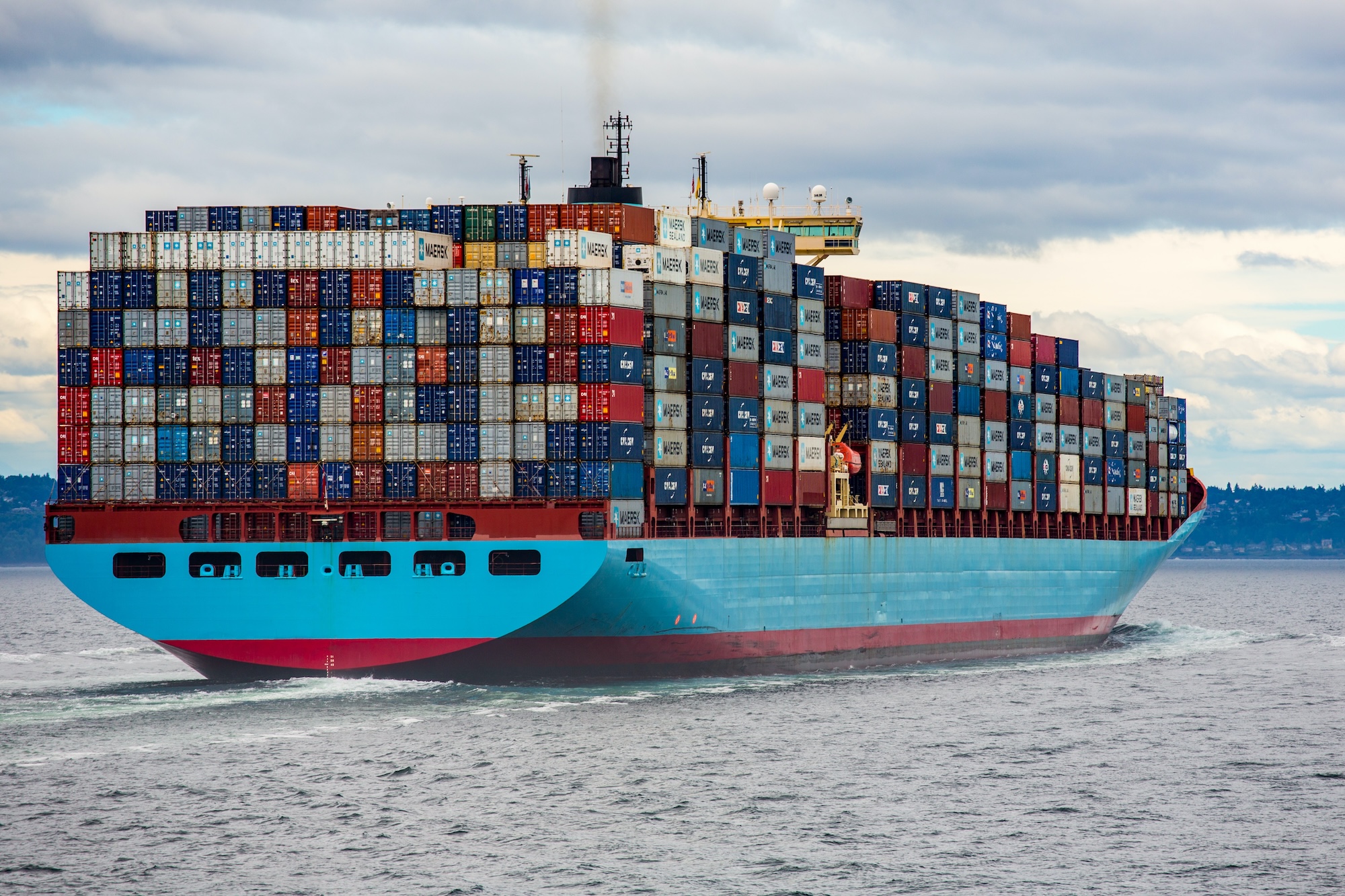

The Issue
After the Cold War, American policymakers and economists embarked on an ambitious project to integrate the global economy, believing this would spread both freedom and prosperity. Instead, the U.S. trade deficit exploded and our industrial base collapsed as production shifted quickly to countries with easily exploited labor and aggressive industrial policies to attract investment. The result has been slower growth, less innovation, collapsing communities, and stagnating wages.
What Voters Say
- 47% of Americans say that the nation has “suffered” from its embrace of globalization. Only 33% believe the nation has benefited.
- 70% of Americans believe policymakers should focus on “trying to help struggling areas recover.” Only 30% believe the focus should be on “trying to help people move to more prosperous areas.”
Why It Matters
The economists and policymakers who guided the United States down the disastrous path to globalization worked from the assumption that the goal of the economy is maximizing consumption. From this perspective, forcing Americans to compete with impoverished, easily exploited workers abroad was a good idea so long as goods became cheaper. Bringing more impoverished, easily exploited workers into the United States was a good idea so long as services became cheaper. To quote Stephen Moore, founder of the Club for Growth and distinguished fellow in economics at the Heritage Foundation, “Cheap labor leads to a booming stock market? That benefits everyone.”
But the economy must do much more than that if it is to spread prosperity widely and support strong families and communities. It must create good jobs at family-supporting wages. It must promote domestic investment that improves productivity and fosters innovation. Capitalism can only achieve those goals if pursuing them is the best way to earn a profit. Globalization has made offshoring factories, cutting jobs, and slashing investment more profitable, so that is what businesses have done.
International trade can still create enormous value, but only if it is balanced—so that Americans trade goods and services produced here for goods and services produced abroad. The current system—where things we once made here are imported instead, but we do not make other new things to send back in return—does double damage. First, it destroys jobs and hollows out our industrial capacity. Second, instead of sending back goods, we send back assets: debt, ownership of companies, real estate—in essence, further claims on our future prosperity.
Revitalizing the national economy must begin with restoring the incentive to invest and build in America. That incentive will only exist if policymakers reject globalization as it has been practiced and insist instead that making things matters.
Political Leaders
What to Talk About
- Making things matters. The idea behind globalization was that making things doesn’t matter—it’s what economists said, and what many still believe. But they are wrong. America must have a strong industrial base—for national security, for good jobs that support families and communities, and for the investment that promotes innovation and growth.
- What is the trade? Trade could be wonderful, if we were actually trading things. People in other parts of the world could make more things for us and we could make more things for them in the return. The problem is that there is no trade. We’re just buying things on credit, running up trillions of dollars in debt that will leave future generations poorer.
- Accountability for leaders. Policymakers and economists not only promised that globalization would promote economic growth and create good jobs, but also ridiculed and shamed anyone who dared disagree. Even after two decades of failure, they continue to insist they were right, and push the same failed agenda. They should not still be making policy for the United States.
Policy Proposals
- China PNTR. We have granted China “Permanent Normal Trade Relations” even though it refuses to behave as a responsible party in the international economic system. The United States should repeal China’s PNTR status, depriving its producers of favorable access to the American market and forcing Congress to vote before granting future trade concessions.
- Global tariff. By raising the price of imported goods relative to the price of those produced in the United States, a tariff would encourage domestic investment and production. The tariff should continue increasing until the world buys as much from American producers as Americans buy from the world.
- Local content requirements. Goods sold in the United States should be required to consist of at least some percentage of inputs produced in the United States. This requirement would create new demand for domestic production and spur investment, while still leaving markets to determine which inputs are most efficiently produced domestically and which are best imported.
Media
What to Ask
- Do policymakers understand what they mean when they say that other countries are “investing in America”? What happens when foreigners buy U.S. assets—treasury debt, corporate equity, real estate—and how does that benefit Americans?
- How are tariffs different from other taxes? Why is it better to collect revenue for the government by taxing American workers on their earnings (an income tax) than by taxing imported goods (a tariff)?
- Does making things matter and, if so, what policies should be put in place to ensure that businesses investors take that into account?
Assignment Desk
- What have other countries offshored to the United States? Limited examples exist, especially in energy-intensive industries where cheap natural gas is vital. What are the benefits when production moves here?
- What happens when factories automate? Many economists argue that reshoring manufacturing is futile because modern factories employ so few workers. What has been the experience of communities playing host to such factories?
- Who are American workers competing with? Is foreign labor really “cheaper” and if so, why? How does their productivity compare, what tools are they given, and what wages do they accept? What would Americans have to do to compete?
More from Issues 2024
Issues 2024: Middle-Class Security
Stagnating wages have prevented workers from keeping up with the costs of attaining middle-class security in America.
Issues 2024: Worker Power
For 50 years, businesses have been finding ways to succeed while offering fewer secure jobs to American workers, leading to surging growth and profits while wages stagnated.
Issues 2024: Industrial Policy
A strong industrial base is vital to workers and their communities, the rate of technological and economic progress, and national security.
Issues 2024: Wall Street
For the American economy to boom again, financial markets will have to return to their proper role promoting productive investment.
Issues 2024: Family
The cost of achieving middle-class security has risen much faster than the typical wage, and now the nation’s fertility rate is plummeting.














